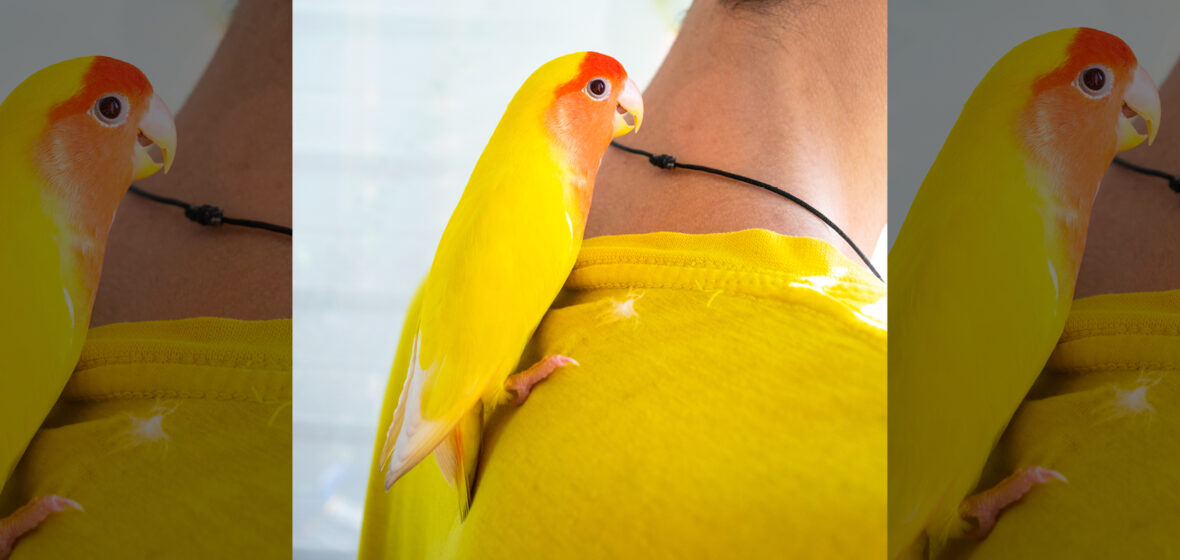Snapshot
- The Strata Scheme Management Act was amended in 2021 to allow strata owners to keep an animal unless the animal unreasonably interfered with another resident’s use and enjoyment of a lot or common property.
- For residents living in retirement villages, a village rule can be challenged on the basis that the rule is unjust, unconscionable, harsh or oppressive.
- To determine whether a village rule banning pets is just, contemporary community standards regarding the keeping of pets must be taken into account.
Practitioners may recall the Court of Appeal decision in Cooper v The Owners – Strata Plan No. 58068 [2020] NSWCA 250 (‘Cooper’). In Cooper, a strata by-law, which provided a blanket ban on the keeping of an animal on a lot or common property, was invalidated as it contravened s 139(1) of the Strata Schemes Management Act 2015 (NSW) (the ‘SSM Act’) which specifies that a by-law must not be ‘harsh, unconscionable or oppressive’.
Following the decision in Cooper, the SSM Act was amended in 2021 to allow strata owners to keep an animal unless the animal unreasonably interferes with another resident’s use and enjoyment of a lot or common property.
The rights of retirement village residents to keep pets
In addition to the above rights of strata owners, tenants of a strata property can keep a pet with the landlord’s consent, however the question as to the rights of other residents arises. This article will focus on the rights of residents who fall under the Retirement Villages Act 1999 (NSW) (the ‘RV Act’).
Hundreds of thousands of Australians reside in retirement villages and, naturally, many of them would like to be able to keep a pet. However, not all retirement villages are pet friendly. Some retirement villages even impose a blanket ban on the keeping of pets.
The problem for a resident in a non-pet friendly retirement village is, for example, where the village contract that gives the resident the right to reside in the village requires the resident to abide by the village rules and one of those rules prohibits the keeping of pets. So, what can be done?




